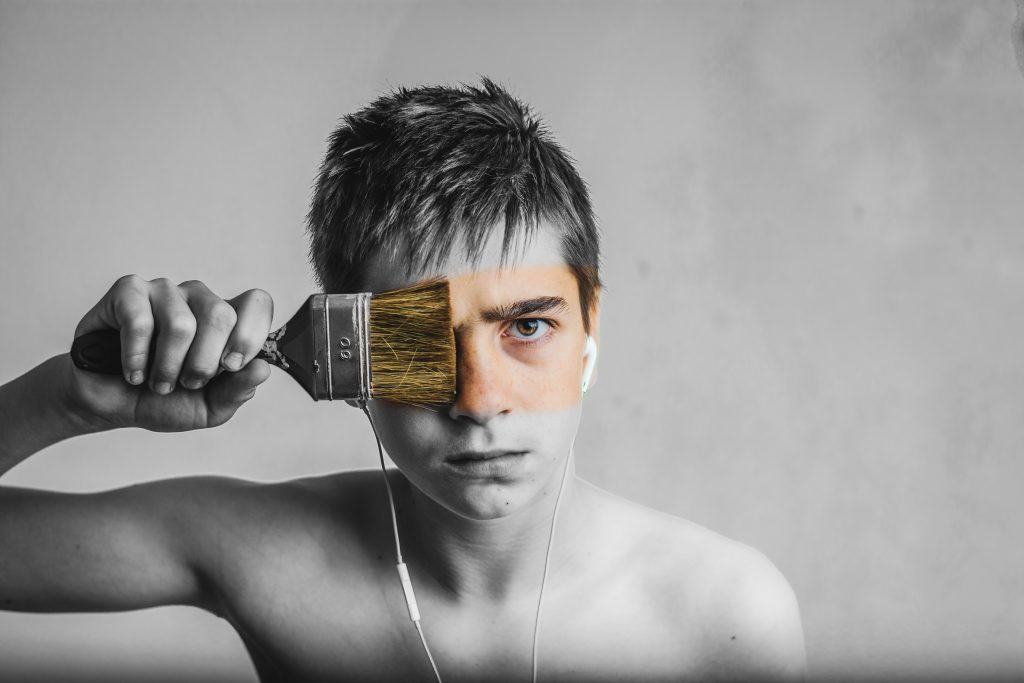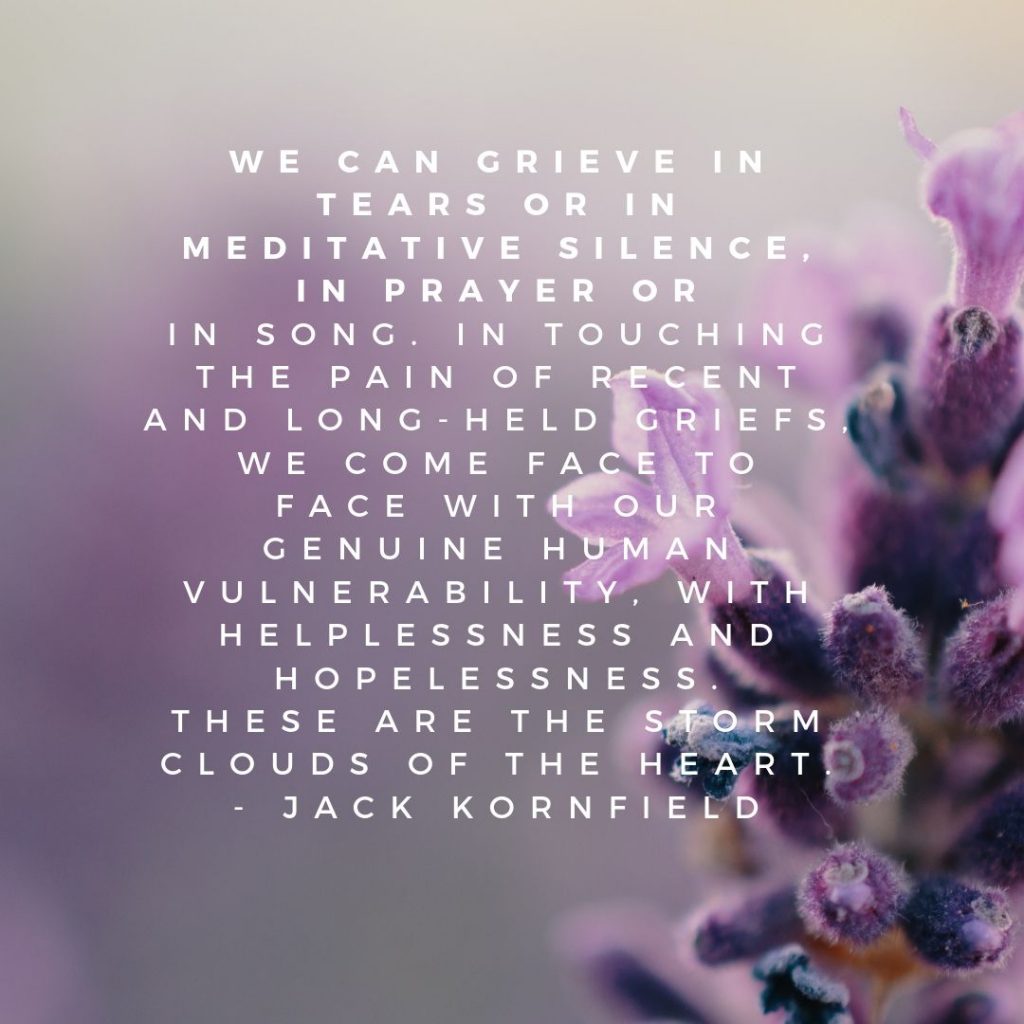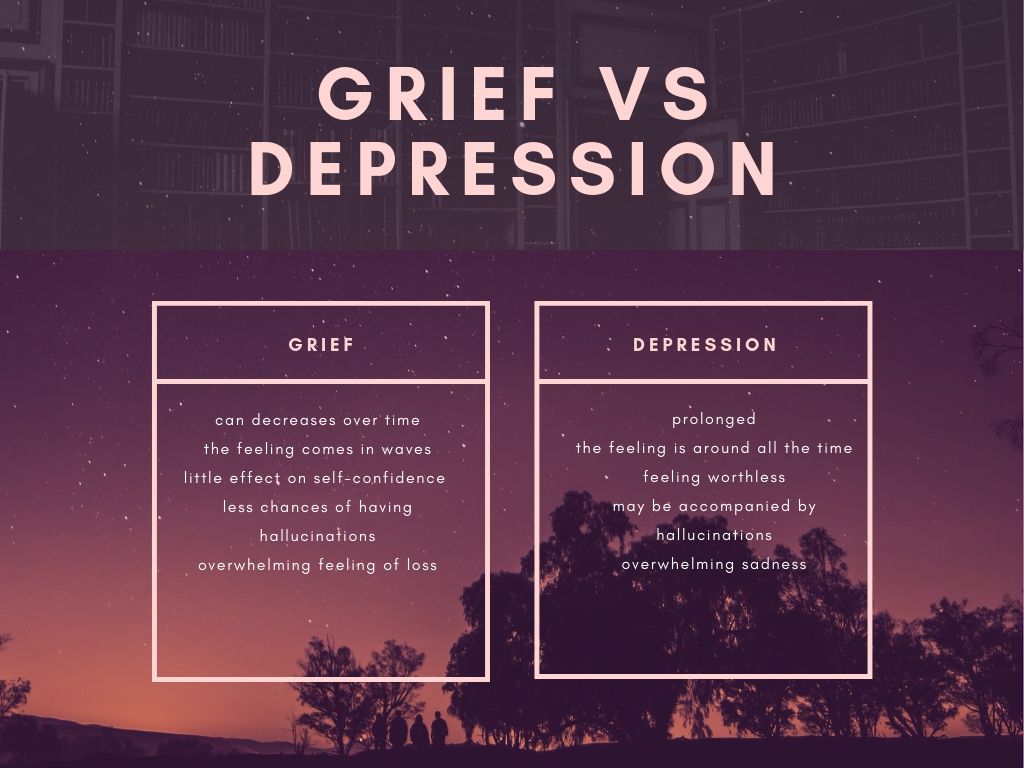
When a loved one dies because of drug addiction, there is an overwhelming feeling that, “It shouldn’t have happened.” Death through overdose is preventable, but why was it not prevented? It’s easy to get sucked into the vacuum of self-blame, especially if they didn’t seek drug help uk.
It’s all too common to be angry at the one who died.
It’s not unusual to ask the questions, “How can I cope?” “How can I deal with this?” We wrote this article with your questions in mind. We hope the following tips can help.
1. Journaling using writing, art, and photography
A grief journal helps you articulate your feelings. When you write down words about something you cannot understand, you get better at understanding yourself.
You can start simply by writing a letter to your loved one.
If you do not like writing, you can make an art journal or a photo journal.
In particular, writing in a journal has been found to be effective because it works at a neurological level. When we write something down, we encode our memories in the part of the brain that is also responsible for regulating stress. The hippocampus is the place in the brain where memories—good or bad are stored. When we write in our journal, not only do we recall feelings, we also become better able to regulate them.
When you write something down, you also tap into your creative side. (We explain how creativity is helpful in mourning later on in this article). When you journal, using photos, written work or artwork, you get to clarify, give voice and pay attention to your feelings. You slow down your speeding thoughts and calm yourself.
A journal also records what you have been experiencing. You can look back to how you have progressed and in what ways in an intimate, personal way. Lastly, when you journal regularly, you establish a routine. We all know how routines can be calming: the regularity and predictability of something is welcome when all you have is the chaos of death.
2. Art activities
Making works of art helps by channeling your creativity into something that can be physically seen, and possibly touched. Here are examples of art activities that can help cope with grief:
Drawing “what grief looks like”
Painting out emotions
Scrapbooking a tribute for the loved one
Making an altar or memory box
Making a self-care kit
Sewing or knitting a memory quilt
3. Use a Smartphone to make a multimedia scrapbook, a photo album, a collection of audio records, a collection of music, and a collection of videos
4. Physical Exercise
There are many, many instances when inspiration strikes when we are out walking our dogs, or when we are biking or hiking. Why is that? When we move our bodies around, we stimulate the hippocampus, which is the area of the brain where memory is stored. The hippocampus is also responsible for regulating stress and strong emotions.
In addition, according to Grief Counsellor Sharon Stallard, “Exercise is a very good and positive tool that people can use while grieving, mainly because it triggers that release of neurotransmitters serotonin and norepinephrine; and the release of endorphins. Exercise helps regulate a person’s mood and can prevent them from going into a low phase which can trigger depression.”
These are good enough reasons to get off that couch.
5. Meditation and Visualisation

There are many downloadable audio recordings available online that are based on the Mindfulness Based Stress Reduction (MBSR) technique. Exercises inspired by MBSR have been helpful in alleviating anxiety and depression because they make you conscious of your thoughts.
Many of us think that what we think is uncontrollable and how we think is involuntary. Meditation challenges these assumptions. There are many techniques used in meditation aside from MBSR. What they have in common is when we meditate, we open our hearts to difficult emotions. We can feel them without judging them, or judging ourselves for feeling them.
If you’ve never tried meditation before, ten minutes a day is all that it takes to warm you up to the practice. There are even soundtracks you can use so you won’t doze off in the middle of a session.
Creativity, an antidote for grief
“Psychological well-being” means being able to be in an optimum state in of mind as we live our daily lives. Life is full of ups and downs and we cannot expect ourselves to be happy all the time. Neither should we expect ourselves to be disappointment-free.
Psychologist Martin Seligman suggests that to achieve psychological well-being, we need to be “engaged” in a creative activity we enjoy. What is a creative activity, then, and how do we get engaged in a creative outlet?
Think of something connected to the arts like writing or music or painting. There are “non-artistic” therapeutic activities too like knitting, gardening, and doing crossword puzzles. The important thing is that this activity makes you feel good. This activity should be able to help you come up with new ideas, new ways of thinking about your current situation. You know you are engaged in a creative activity when time drifts by and you don’t even notice it.
Our creative side part of us that allows us to think beyond ourselves, to visualise, to imagine, and to not base what we think and feel based only on the facts and the present moment. Because there is more to your life now than the grief you are feeling.
It might be unimaginable now, but one day, it will feel less of a burden to get out of bed, get dressed and go about your business….as if nothing major has happened. Change does not come all of a sudden; it comes slowly in small increments. Step-by-step you will be able to relearn how to live again, and not just to survive the days that come.…
continue reading



 Managing loss
Managing loss